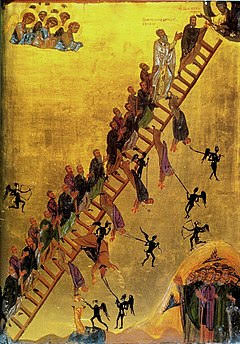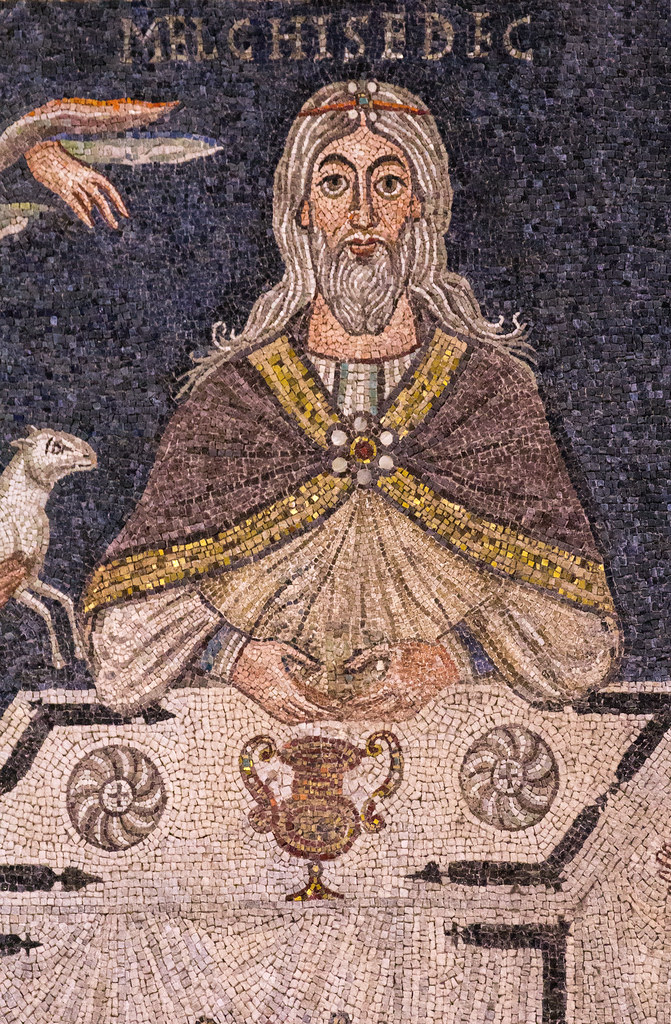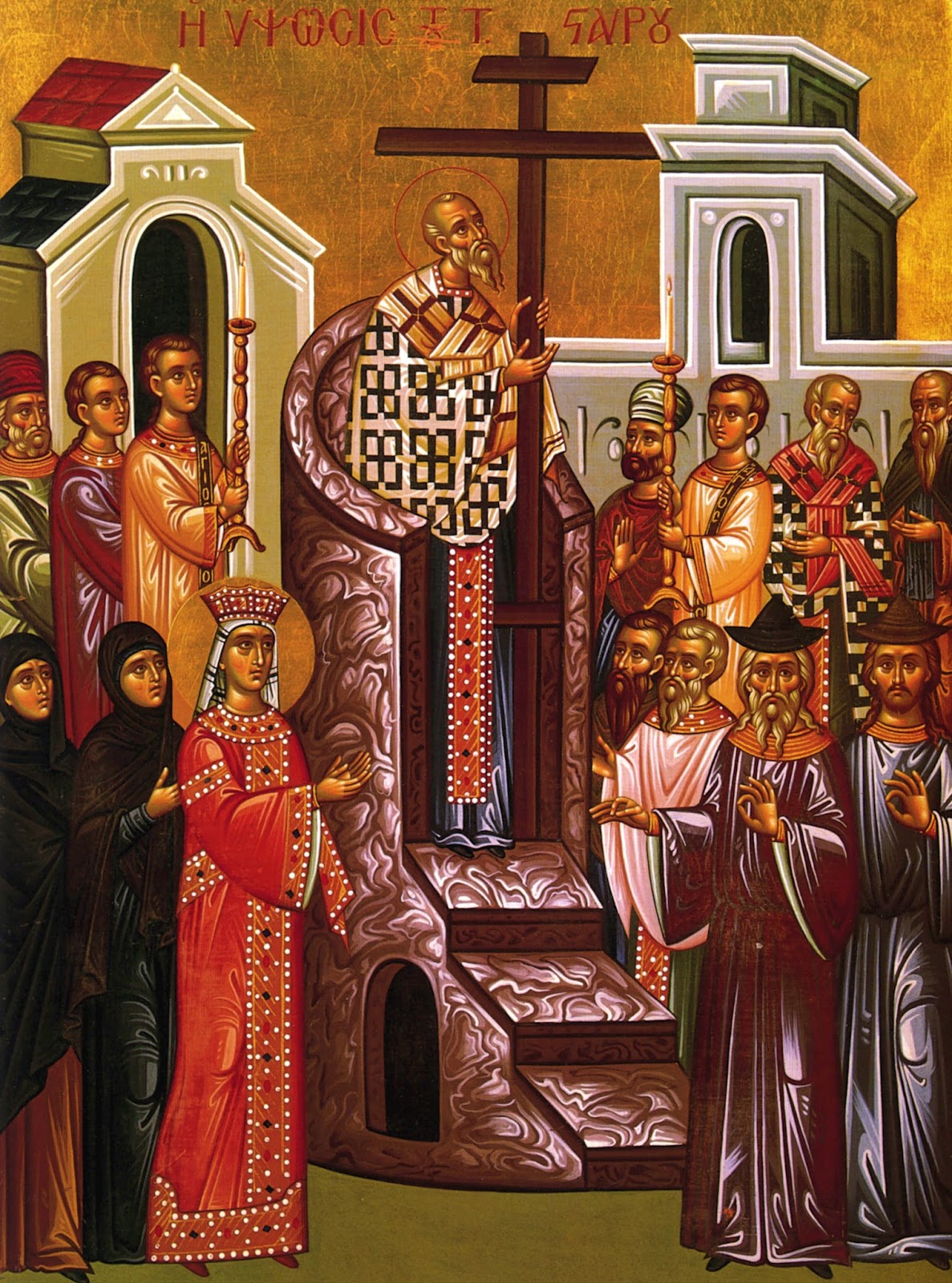And as Jesus entered a village, He was met by ten lepers, who stood at a distance and lifted up their voices and said, “Jesus, Master, have mercy on us.” When He saw them He said to them, “Go and show yourselves to the priests.” And as they went they were cleansed. Then one of them, when he saw that he was healed, turned back, praising God with a loud voice; and he fell on his face at Jesus’ feet, giving Him thanks. Now he was a Samaritan. Then said Jesus, “Were not ten cleansed? Where are the nine? Was no one found to return and give praise to God except this foreigner?” And He said to him, “Rise and go your way; your faith has made you well.”
Luke 17: 12-19 (12th Sunday of Luke)
Leprosy is both a hideous and painful disease. The sores of leprosy were hideous to look at, and they caused a great deal of pain to those who were afflicted by leprosy. Leprosy was also highly contagious. Those who had leprosy either lived in leper colonies, far away from the general populations. Those with leprosy (or any other major disease) were often thought to have fallen out of favor with God. Their affliction was tied to God’s wrath on them.
So when Jesus was met by ten lepers, it was an unusual encounter. Because lepers were forbidden from coming in contact with “normal people.” The lepers immediately recognize Jesus as “Master” (Luke 17:13) and address Him as such. They ask for mercy, though they don’t quantify what that means—it could mean healing, or perhaps a less severe form of leprosy, or even some “mercy” from the people of the town, so that they wouldn’t feel so isolated.
Jesus told them “Go and show yourselves to the priests.” (17: 14) This must have struck the lepers as an unusual request on two fronts. First, the priests would not have anything to do with these highly contagious men. They would probably ridicule them and send them away quickly. Second, if lepers were “afflicted by God” then why would God’s priests show them any kind of mercy? Of course, in cases where someone was afflicted by God or someone had fallen out of favor with God, it was the priests who were entrusted with deciding whether someone was loosed of a curse and could join the regular society again.
The lepers actually demonstrated quite a bit of faith, in journeying towards the priests. The passage tells us that “as they went they were cleansed.” (17:14) They weren’t cleansed in one dramatic moment, as other healings had occurred. This healing is actually more analogous to how the Christian life works. Our spiritual healing doesn’t generally occur on one dramatic moment. It occurs over a period of time. And so it was with the lepers. They were healed as they were journeying.
Many times in life, we are blessed by God with some healing or grace but we fail to recognize that our blessing is from God. It was the same with the lepers. As they went, they were cleansed. Perhaps they thought they were entitled to healing, they had suffered long enough. It is hard to think that they didn’t connect their healing to their encounter with Jesus. Certainly one of them did. We are not told whether the one thankful lepers implored the others to go to Jesus or not.
One of the ten returned to thank Jesus, and that one was a Samaritan. The Samaritans were sworn enemies of the Jews, and so that man would not have been friendly towards Jesus, a Jew. We are not told about the ethnic makeup of the other nine lepers. Perhaps all were Jews except for the Samaritan. And perhaps they accepted him recognizing that they were all in the same boat together. Once they were released from their leprosy, the mercy they showed one another, perhaps dissipated and old cultural boundaries and prejudices returned.
Regardless, only one of the ten returned to Jesus to thank Him. Jesus did not ask the man to do anything. He didn’t expect anything of Him. Rather He told him “Rise and go your way, your faith has made you well.” (17:19)
There are three lessons that come to us from this miracle of the ten lepers. First, our healing comes gradually, not usually in one dramatic moment. Secondly, we have to trust God that He can heal us of our spiritual sicknesses in His way, in His time, and we have to be patient and trusting while we wait for His plan to unfold. And third, we must know the phrase “every good endowment and every perfect gift is from Above,” (James 1:17) so that when something good happens, we receive the good thing with gratitude, rather than entitlement, and we give glory and thanksgiving to God for His blessings upon us.
Lord, the women ran to the sepulcher to see You, the Christ, who had suffered for us. When they came, they found an Angel sitting on the stone that from fear had rolled away. The Angel called out to them, saying, “The Lord has risen. Tell the Disciples that resurrected from the dead is He who saves our souls.” (Third Resurrectional Praise, Plagal 1st Tone, Trans. by Fr. Seraphim Dedes)
Be patient, trusting and grateful today!



